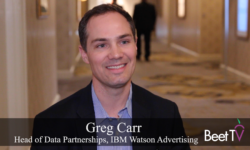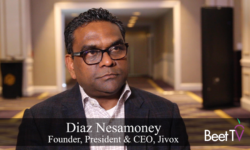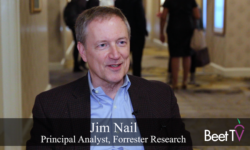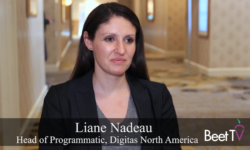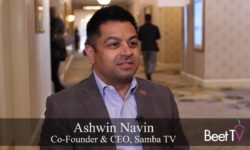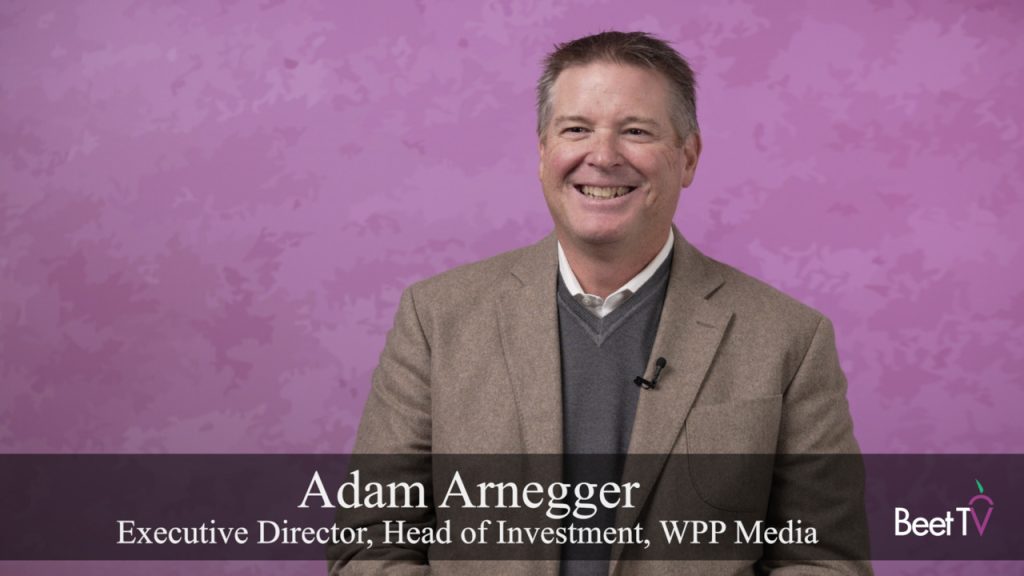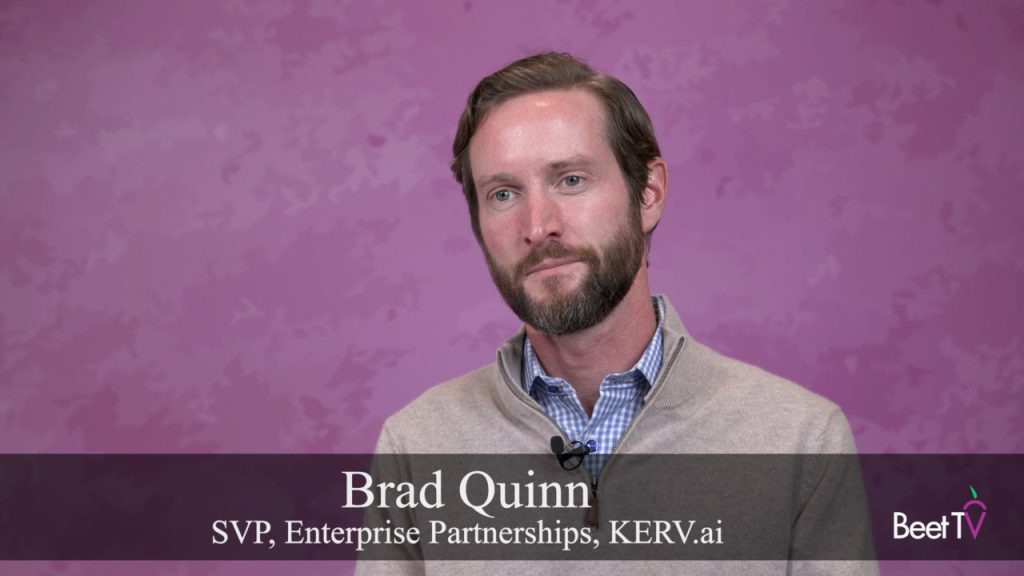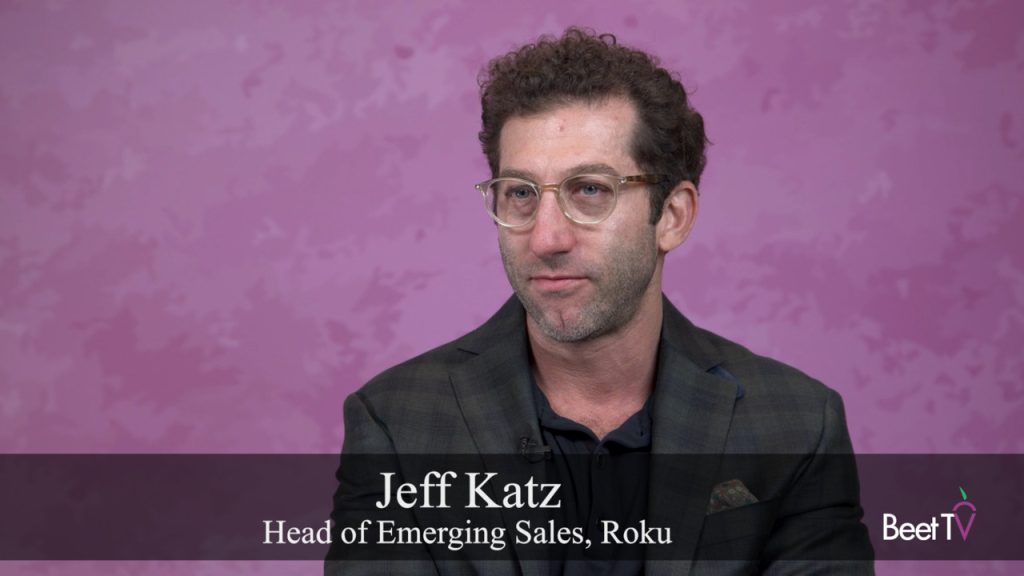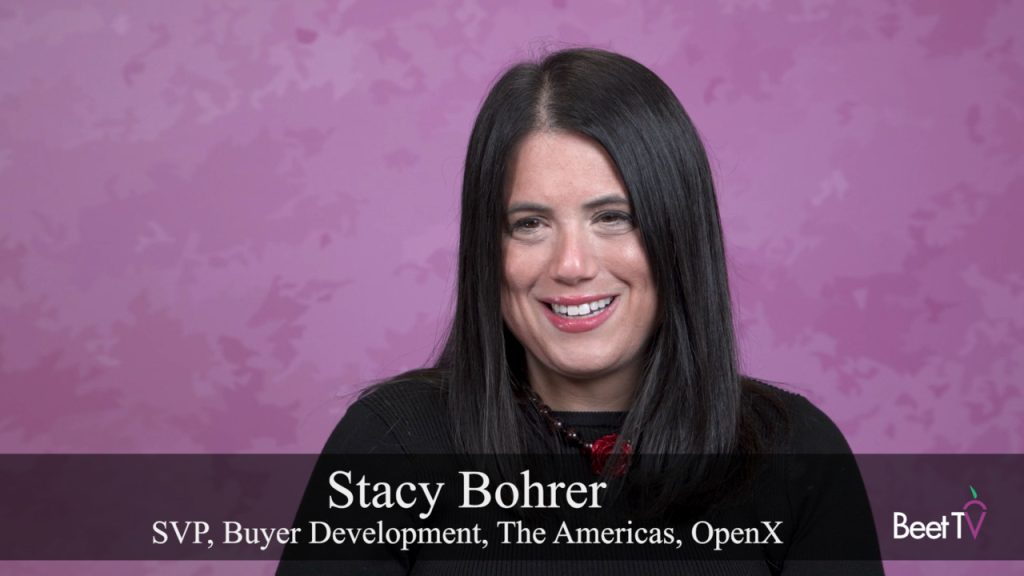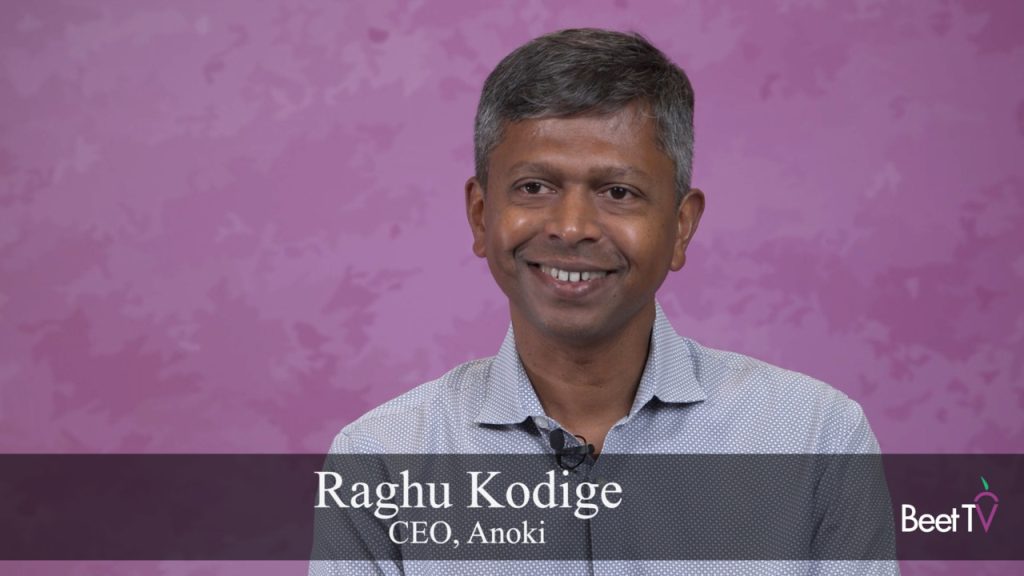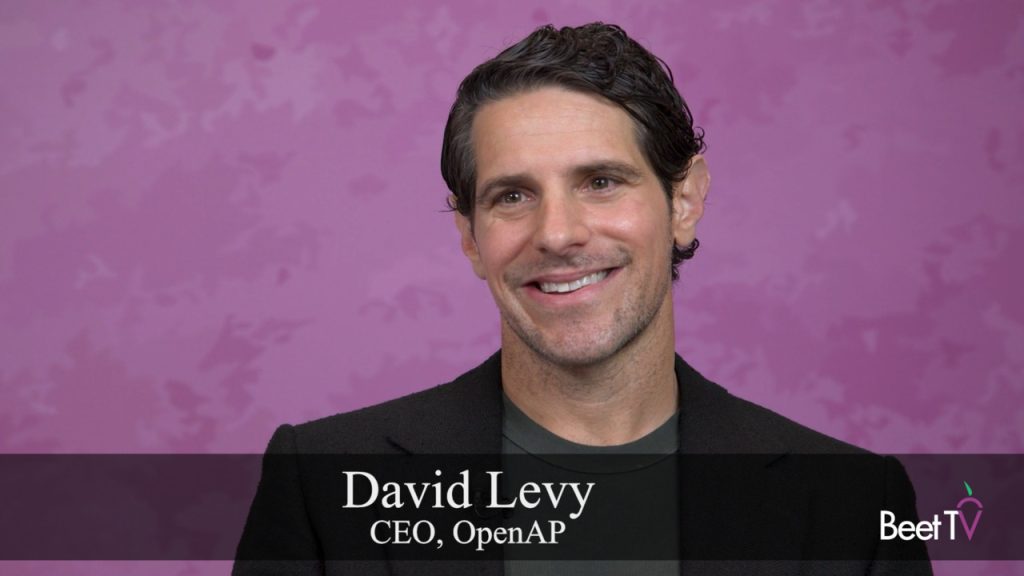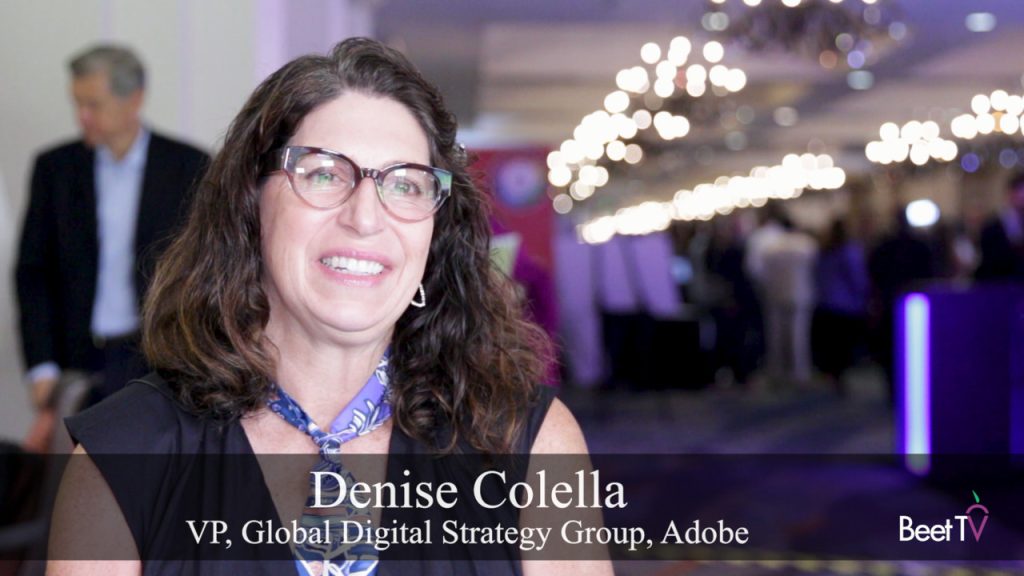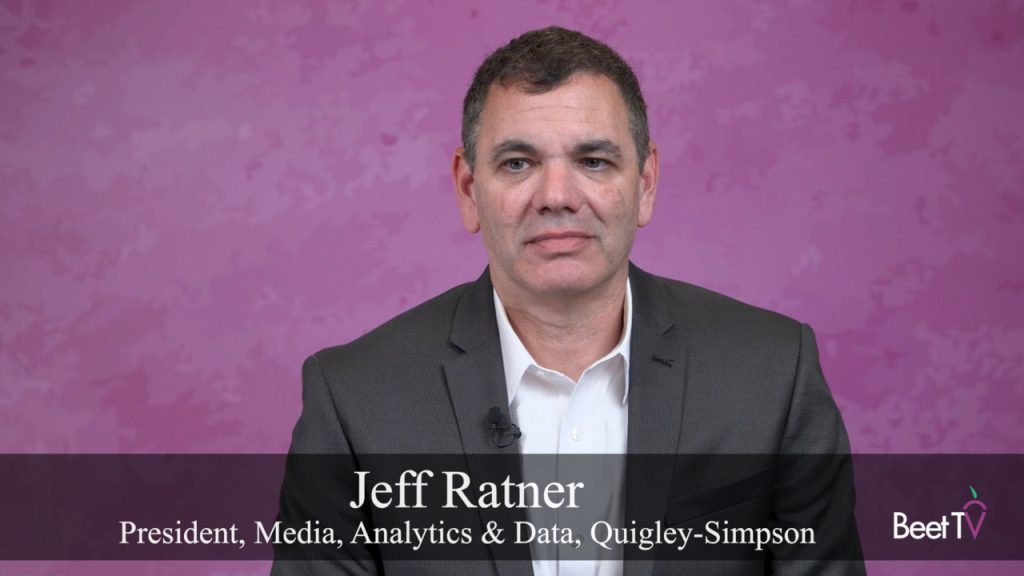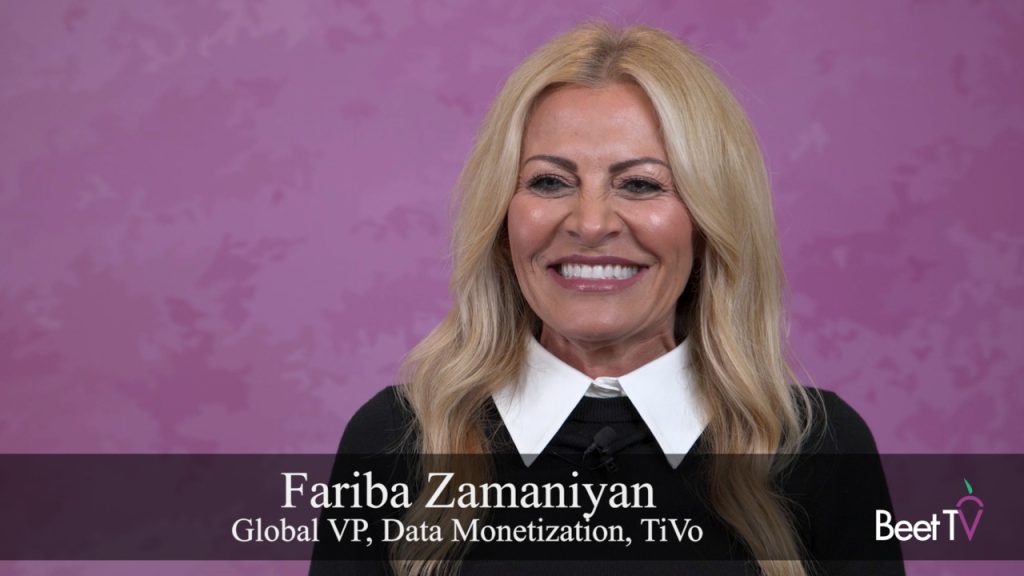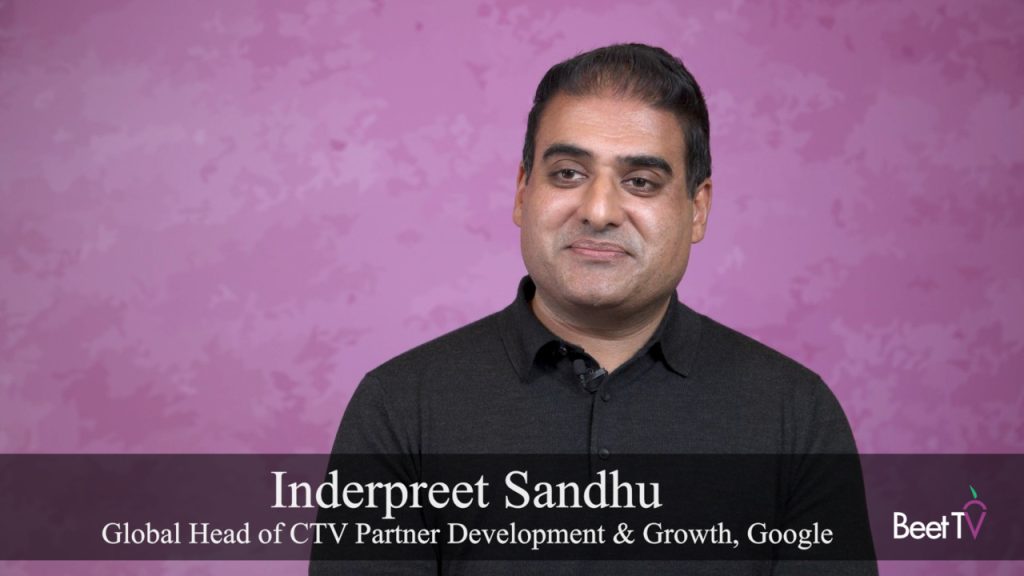SAN FRANCISCO– Data is an ecosystem, and maintaining that ecosystem is paramount to the health of the industry, says Luma CEO Terry Kawaja. Speaking with Beet.TV’s Jon Watts at LiveRamp’s RampUp Summit, Kawaja says that LiveRamp’s partnerships-driven business helps the industry to function. “Everyone either contributes data, utilizes data or applies data in a cooperative fashion,” he says. “None of this works on its own.”
The reason for that boils down to three attributes about the data and identity industries.
- It’s fragmented; there are a lot of players, Kawaja says.
- It’s complex; there are a lot of moving parts.
- It’s dynamic; “the dynamism of this space could not be more evidenced today,” he says.
Just because it’s an ecosystem doesn’t mean there aren’t winners. In media and marketing, that’s Facebook and Google. Kawaja chalks their dominance to two things: their performance, and their contribution to the industries they operate in.
“Facebook has massive network effects,” says Kawaja. “If we can take what has worked really well in isolated circumstances and apply it to the open web, we have a winner.”
Another category where there will be winners and losers is the streaming wars. Kawaja calls what’s happening the result of “hyper competition in a large sector going through fundamental changes driven by the consumer.” Consumer trends are the “litmus test” for what’s meaningfully influencing the industry. For TV, an industry with $1.2 trillion worth of market cap, the shift away from linear cable and toward over-the-top streaming is an existential change with a lot at stake.
“This is a massive industry changing in front of our eyes, with content needing to be delivered in a different way,” he says. “It’s a classic battle, this massive channel is becoming addressable. I expect to see blood and carnage.”
This video is part of Beet.TV’s coverage of RampUp, LiveRamp’s summit for marketing technology in San Francisco. This series is co-sponsored by LiveRamp and ZEFR.






